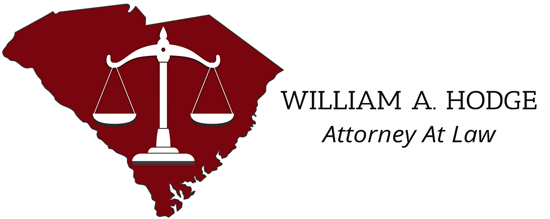UNDERSTANDING BURGLARY CHARGES IN COLUMBIA, SC
Burglary is a serious offense. Under South Carolina law, those convicted of burglary face significant jail or prison time, depending on the classification and severity of the offense. The defense of a burglary charge is very fact specific. South Carolina law outlines three different classifications of burglary. It is not unusual for someone to be charged with a higher offense than the facts support. If you have been charged with burglary Columbia, SC working with an experienced criminal defense attorney is imperative.
DEFINING BURGLARY
South Carolina law identifies three basic types of burglary, and further breaks two of those down. Before considering the specific classifications, it must be first established (South Carolina Statute16-11-311, 312, and 313) that the accused:
- Entered a dwelling or building
- Did not have consent to enter the dwelling or building
- Entered the dwelling or building with the intent to commit a crime.
Each one of these elements must be proven beyond a reasonable doubt.
First, whether you actually entered the dwelling is fact specific. A dwelling has a very detailed definition, but essentially it is where any person lives and believes that the dwelling will be protected. The dwelling can include other similar buildings within 200 yards. Examples will include a house, building, apartment, and even a shed on someone’s property. The prosecutor must prove that a person physically entered the dwelling. A dwelling is different than a building. A building is a structure where someone doesn’t live.
Second, that entry must be without the owner’s permission. Sometimes this fact can be disputed.
Third, you must have had the intent to actually commit a crime. A common example of such a crime would be to steal something.
TYPES OF BURGLARY CHARGES
For each one of the offenses listed here, the accused must meet the definition of burglary above (entering a building without consent with intent to commit a crime).
BURGLARY IN THE FIRST DEGREE
This is the most serious of the burglary charges. In addition to the burglary definition above, the factors focus on whether:
- The entry was in a residential dwelling
- One or any of the following:
- The accused has a deadly weapon, or
- Causes injury to another, or
- Threatens or uses a dangerous instrument, or
- Displays a weapon (e.g. knife, gun,)
- The accused has two more convictions of burglary and/or housebreaking; and
- The entry occurs in the dark
This offense is punishable by a minimum of 15 years to life in prison.
BURGLARY IN THE SECOND DEGREE (VIOLENT)
The elements of this crime are the same as Burglary in the First Degree, but the entry occurs to a building (not a residential dwelling). If convicted it is a felony and carries a prison sentence of up to 15 years, and you must serve at least ⅓ of the sentence.
BURGLARY IN THE SECOND DEGREE (NON-VIOLENT)
This offense occurs when the accused enters a residential dwelling during the daytime but does not have a weapon, causes harm, etc. If convicted it is a felony and carries a prison sentence of up to 10 years.
BURGLARY IN THE THIRD DEGREE
Third-degree burglary is the lowest of the burglary offenses. It occurs when the person enters a building without consent with the intent to commit a crime (vs. residential dwelling). A first offense carries a sentence of no more than 5 years. A second conviction is punishable by more than 10 years.
COLUMBIA, SC CRIMINAL DEFENSE BURGLARY ATTORNEY
If you are facing burglary charges you could be sentenced to serious prison time, including life. A criminal defense attorney can be integral in your defense. Contact William A. Hodge Attorney At Law or call 803-457-2216 immediately for a free consultation.
